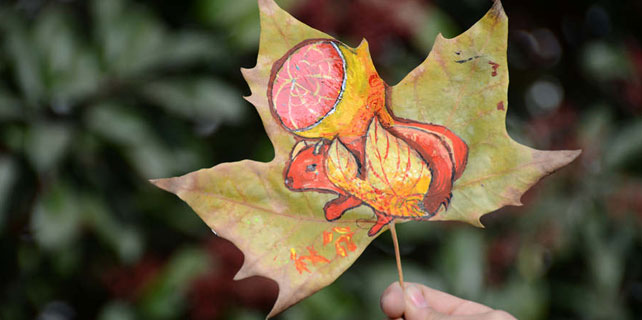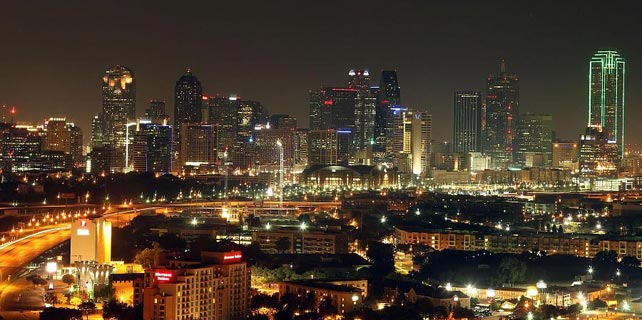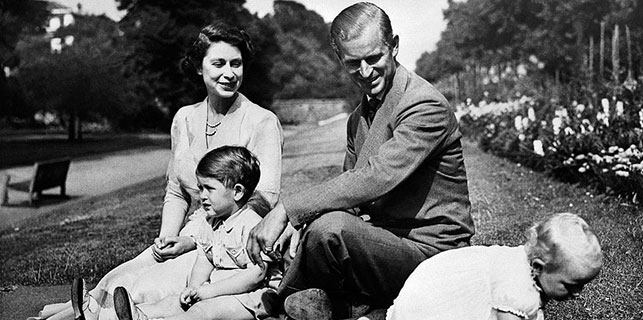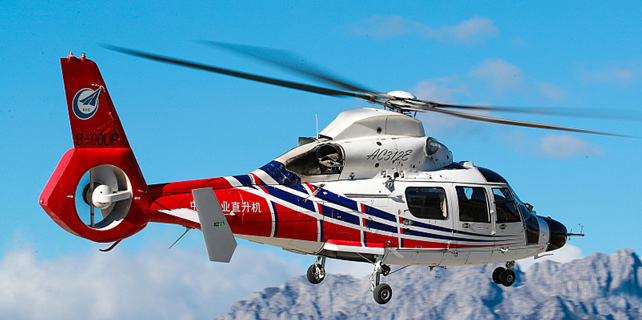Solutions sought between EU and Eastern partners
The leaders of 28 European Union countries were scheduled to meet Eastern European partners in Brussels on Friday to inject "political will" into delivering their updated cooperation priorities by 2020.
The six Eastern European countries, with a population of 75 million, are Armenia, Azerbaijan, Belarus, Georgia, the Republic of Moldova and Ukraine, which are also close to Russia economically, politically or geographically.
Among them, Belarus and Armenia are part of the Russia-led Eurasian Economic Union.
European Council President Donald Tusk met the visiting Prime Minister of the Republic of Moldova Pavel Filip, President of Ukraine Petro Poroshenko and Prime Minister of Georgia Giorgi Kvirikashvili on Thursday ahead of the summit.
Russia and the EU's relations have soured since 2014 due to the Crimea issue.
Dries Lesage, director of the Ghent Institute for International Studies, at Ghent University in Belgium, said the EU needs to "properly" deal with Russia, pointing out that the bloc has still not lifted economic sanctions on the country.
"Our relationship with Russia should not be so bad," said Lesage.
In asking the EU to come up with proactive approaches to deal with the global powers, Lesage suggested the EU should sit down to talk with Russia and find more constructive solutions to engage the countries.
Tusk had said: "I would like to respond to those who claim that the 'Eastern Partnership' is directed against Russia. It is not."
It is expected that more countries will be given visafree status, with Moldova, Georgia and Ukraine already on the list.
The EU said that since 2009 it has aimed to increase "political association and economic integration" with the six countries, while the bloc's expansion process has come to a standstill amid Brexit, immigration and terrorism challenges.
Tusk tweeted on Thursday that he was scheduled to meet British Prime Minister Theresa May, who is also in Brussels for talks over Brexit.
This is the fifth time the EU and the six Eastern partners will hold such a meeting, with the previous one held in 2015 in Riga, Latvia. The 20 priorities, which were announced in 2016 and updated this year to prepare for the summit, range from trade, mobility, digital sectors, civil society and education.
The European Council said in a statement that the meeting will discuss how to further strengthen cooperation in the four priority areas agreed in Riga - the economy, governance, connectivity and society.
To prepare for the meeting, the EU Political and Security Committee, composed of member states' ambassadors based in Brussels, visited Azerbaijan, Armenia, Georgia early in October.
fujing@chinadaily.com.cn


















